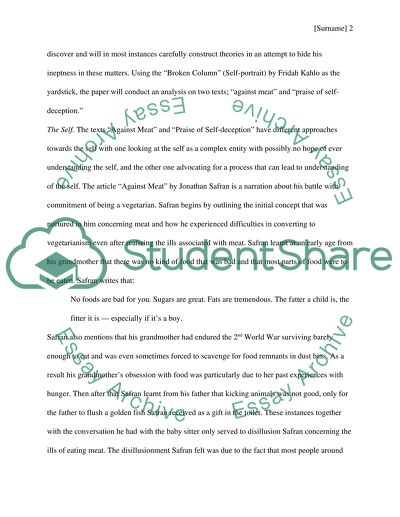Cite this document
(“Self-discovery and Understanding of World in Against Meat and Praise Essay”, n.d.)
Self-discovery and Understanding of World in Against Meat and Praise Essay. Retrieved from https://studentshare.org/philosophy/1443444-analysis-essay
Self-discovery and Understanding of World in Against Meat and Praise Essay. Retrieved from https://studentshare.org/philosophy/1443444-analysis-essay
(Self-Discovery and Understanding of World in Against Meat and Praise Essay)
Self-Discovery and Understanding of World in Against Meat and Praise Essay. https://studentshare.org/philosophy/1443444-analysis-essay.
Self-Discovery and Understanding of World in Against Meat and Praise Essay. https://studentshare.org/philosophy/1443444-analysis-essay.
“Self-Discovery and Understanding of World in Against Meat and Praise Essay”, n.d. https://studentshare.org/philosophy/1443444-analysis-essay.


